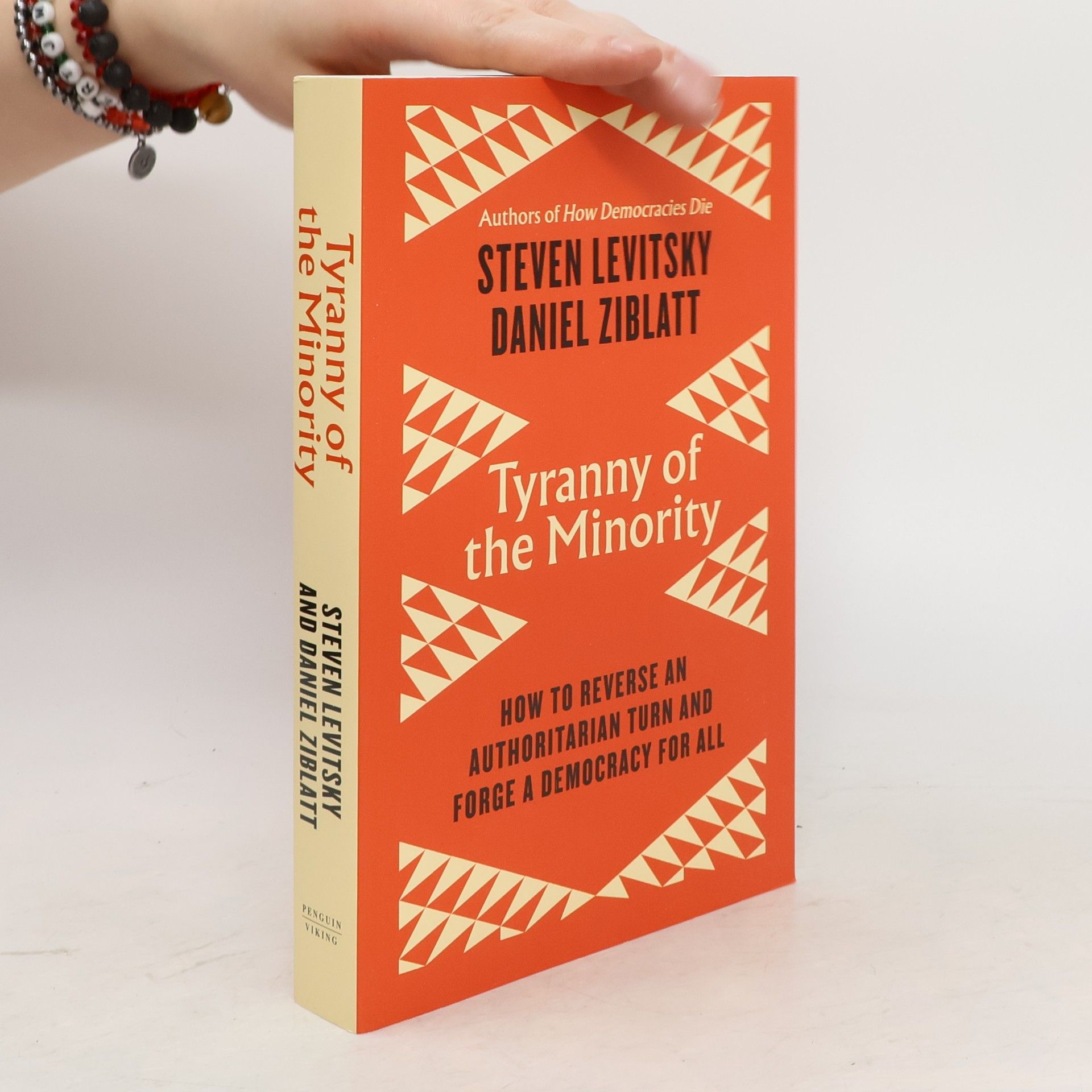In this incisive and razor-sharp analysis of one of the most important issues facing us today, leading Harvard professors Steven Levitsky and Daniel Ziblatt draw on their combined expertise of over 40 years to examine how dictators come to power, and how they help to foster a poisonous culture of polarisation, fear and suspicion that persists even after their time in power is over.Using contemporary examples including the Capitol riots and voter suppression in the US, as well as global examples from history including post-1945 Germany and Brazil and Chile during the '60s and '70s, the authors dissect conservative resistance to pluralism and modern threats to multiracial democracy (including the unwillingness of political parties to adapt to modern times, and a growing disregard for constitutional norms and free and fair elections) while imploring readers to stand up in its defence.Focusing on the forthcoming American election as an essential case study, Saving Democracy offers us imperative tools for implementing urgent democratic reform, brilliantly illuminating how we can respond to the political battles ahead.
Daniel Ziblatt Livres
Daniel Ziblatt est professeur de gouvernement à l'Université Harvard. Ses recherches et son enseignement portent sur la démocratisation, la construction de l'État, la politique comparée et l'économie politique historique, avec un intérêt particulier pour le développement politique européen.





Conservative Parties and the Birth of Democracy
- 448pages
- 16 heures de lecture
A bold re-interpretation of democracy's historical rise in Europe, Ziblatt highlights the surprising role of conservative political parties with sweeping implications for democracy today.
Democracies can die with a coup d'Utat - or they can die slowly. This happens most deceptively when in piecemeal fashion, with the election of an authoritarian leader, the abuse of governmental power and the complete repression of opposition. All three steps are being taken around the world - not least with the election of Donald Trump - and we must all understand how we can stop them. From the reign of General Augusto Pinochet in Chile to the quiet undermining of Turkey's constitutional system by President Recip Erdogan, Harvard professors Steven Levitsky and Daniel Ziblatt draw insightful lessons from across history to shine a light on governmental breakdown across the 20th and 21st centuries - including the dangers of an authoritarian leader faced with a major crisis. Based on years of research, they present a deep understanding of how and why democracies die; an alarming analysis of how democracy is being subverted today in the US and beyond; and a guide for maintaining and repairing a threatened democracy, for governments, political parties and individuals. History doesn't repeat itself. But we can protect our democracy by learning its lessons, before it's too late.